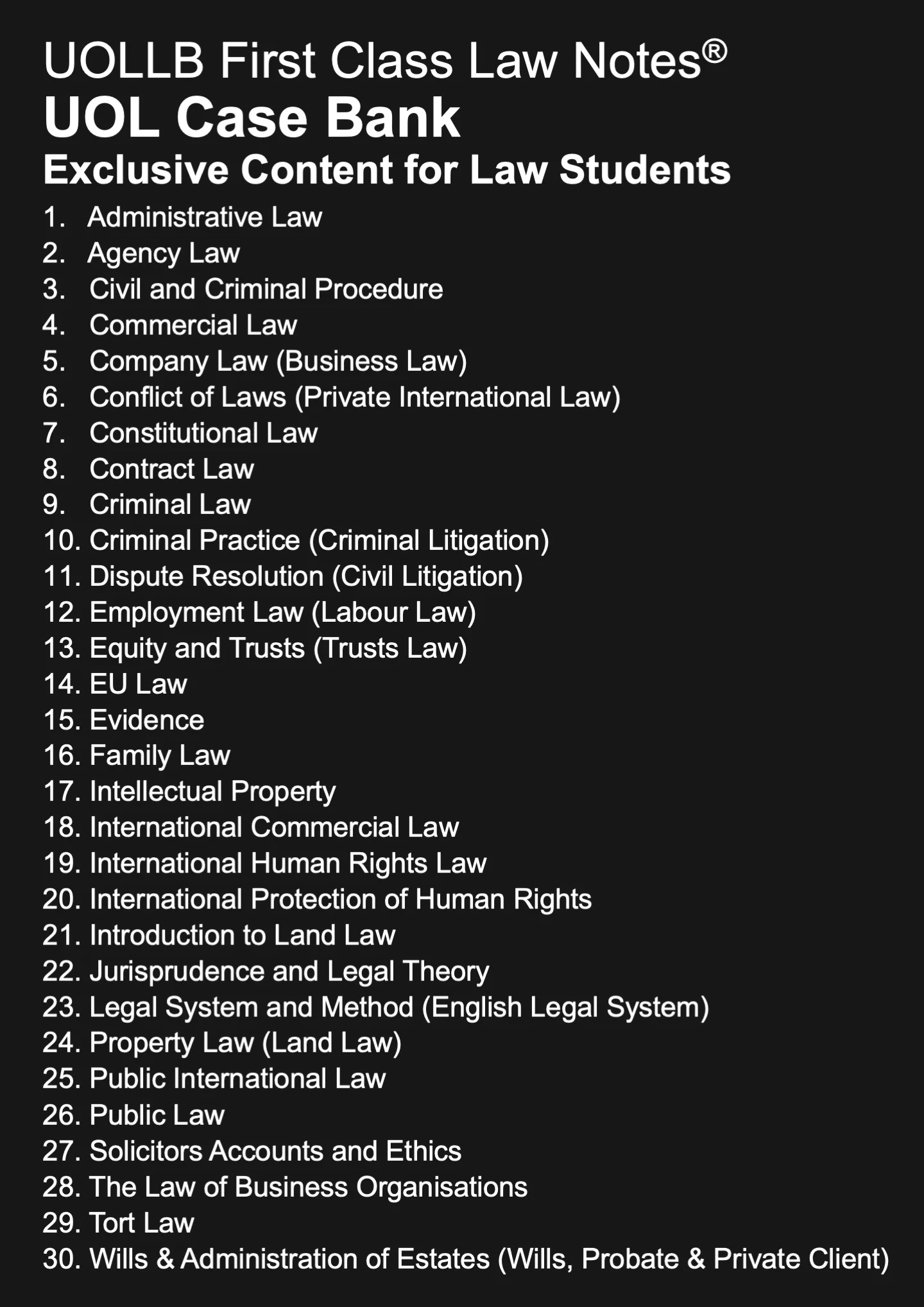Requirements of Leasehold Estate
Share
A leasehold estate refers to an arrangement where a person (known as the lessee or tenant) is granted the right to use and occupy a property for a specified period of time, subject to certain terms and conditions, in exchange for rent or other consideration. Here are the key requirements of a leasehold estate:
Lease agreement: A leasehold estate is established through a written lease agreement between the landlord (lessor) and the tenant (lessee). The lease agreement sets out the terms and conditions of the tenancy, including the duration of the lease, rent amount and payment terms, rights and obligations of both parties, and any other relevant provisions.
Definite term: A leasehold estate must have a definite term or duration. The lease agreement should specify the start date and end date of the lease period. The lease term can vary, ranging from a few months to several years or even decades, depending on the agreement between the parties.
Exclusive possession: The tenant in a leasehold estate has the right to exclusive possession of the leased property during the lease term. This means that the tenant has the right to use and occupy the property to the exclusion of others, including the landlord, unless otherwise specified in the lease agreement.
Payment of rent: The tenant is generally required to pay rent to the landlord as specified in the lease agreement. Rent can be paid periodically, such as monthly or quarterly, and the amount and payment terms are typically outlined in the lease agreement.
Compliance with lease terms: The tenant must comply with the terms and conditions of the lease agreement, including any restrictions or obligations imposed by the landlord. This may include maintaining the property in a certain condition, using it for specific purposes, and adhering to any rules or regulations set forth in the lease agreement.
Termination and renewal: The leasehold estate will come to an end upon the expiration of the lease term specified in the lease agreement. However, lease agreements often include provisions for renewal or extension options, allowing the tenant to continue occupying the property for an additional period, subject to the landlord's consent and any revised terms.
The specific requirements of a leasehold estate may vary depending on the jurisdiction and applicable laws. Additionally, leasehold estates may be subject to additional legal protections and regulations, such as those related to tenant rights and landlord responsibilities.
Lease agreement: A leasehold estate is established through a written lease agreement between the landlord (lessor) and the tenant (lessee). The lease agreement sets out the terms and conditions of the tenancy, including the duration of the lease, rent amount and payment terms, rights and obligations of both parties, and any other relevant provisions.
Definite term: A leasehold estate must have a definite term or duration. The lease agreement should specify the start date and end date of the lease period. The lease term can vary, ranging from a few months to several years or even decades, depending on the agreement between the parties.
Exclusive possession: The tenant in a leasehold estate has the right to exclusive possession of the leased property during the lease term. This means that the tenant has the right to use and occupy the property to the exclusion of others, including the landlord, unless otherwise specified in the lease agreement.
Payment of rent: The tenant is generally required to pay rent to the landlord as specified in the lease agreement. Rent can be paid periodically, such as monthly or quarterly, and the amount and payment terms are typically outlined in the lease agreement.
Compliance with lease terms: The tenant must comply with the terms and conditions of the lease agreement, including any restrictions or obligations imposed by the landlord. This may include maintaining the property in a certain condition, using it for specific purposes, and adhering to any rules or regulations set forth in the lease agreement.
Termination and renewal: The leasehold estate will come to an end upon the expiration of the lease term specified in the lease agreement. However, lease agreements often include provisions for renewal or extension options, allowing the tenant to continue occupying the property for an additional period, subject to the landlord's consent and any revised terms.
The specific requirements of a leasehold estate may vary depending on the jurisdiction and applicable laws. Additionally, leasehold estates may be subject to additional legal protections and regulations, such as those related to tenant rights and landlord responsibilities.
























































